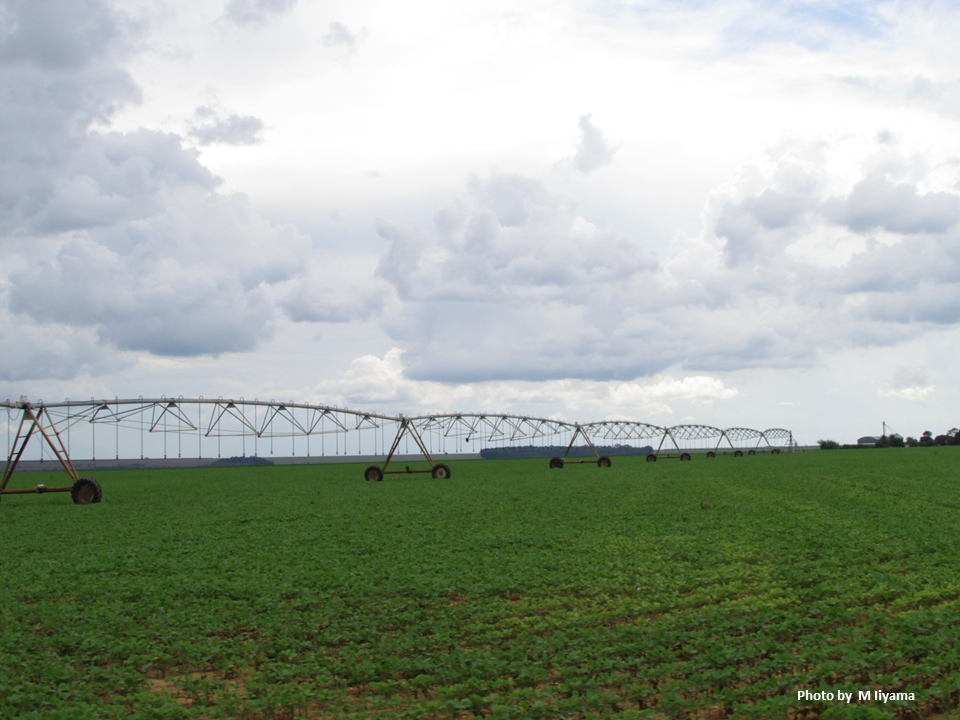Pick Up
1144. Water Security and Equitable Access to Water Services

1144. Water Security and Equitable Access to Water Services
About 80% of the social strata living in extreme poverty live in rural areas, and many of the world's poor are engaged in agriculture. Inclusive rural development and the wider sharing of its benefits in society are the most effective means of reducing poverty and hunger.
The 2024 edition of the United Nations World Water Development Report highlights how developing and maintaining water security and equitable access to water services, especially access to innovations that allow efficient use of water, is essential to ensuring peace and prosperity for all.
The irrigated area has more than doubled, from 139 million hectares in 1961 to more than 328 million hectares in 2018. Despite the fact that irrigated area is only about 20% of the world's agricultural land, yields tend to be 30-100% higher compared to rainfed regions, producing about 40% of global agricultural production. Irrigation plays an important role in the transition from subsistence to commercial farming, poverty alleviation, and economic growth.
On the other hand, many rural areas still do not benefit from irrigation, and water scarcity and water shortages are severe or very high. The impact of climate change on agri-food systems is expected to worsen. In order to feed a population that is projected to reach around 10 billion by 2050, agricultural production needs to increase by about 50% compared to 2012, which must be achieved through soft and hard innovations that enable irrigation and efficient use of water.
Reference
The United Nations World Water Development Report 2024: water for prosperity and peace; executive summary https://www.unesco.org/reports/wwdr/en/2024/download?hub=2
Contributor: IIYAMA Miyuki, Information Program
